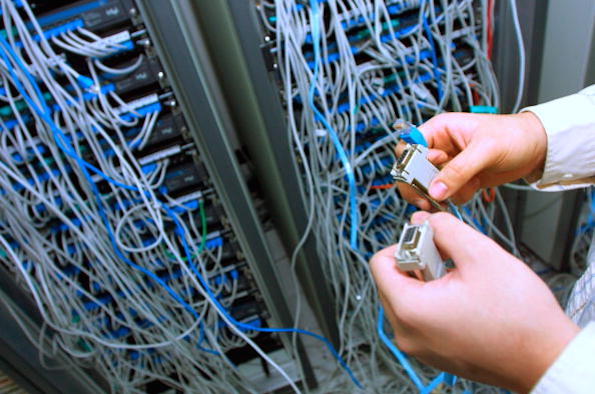Q. How often do I need to reboot my Hyper-V servers to keep them "fresh"?Q. How often do I need to reboot my Hyper-V servers to keep them "fresh"?
Do you need to reboot Hyper-V servers frequently to keep them fresh?
May 22, 2015

Q. How often do I need to reboot my Hyper-V servers to keep them "fresh"?
A. There is not a set required reboot interval required for your Hyper-V servers, which are running the Windows Server operating system.
Admins often get the feeling that over time a system starts to slow down as various processes may leak memory etc. However, your Hyper-V server should not have any processes that cause resources to leak over time so long as it:
is configured to best practices
is running Server Core
is not running other roles, features or software
is only running additional software for monitoring, backup and potentially malware protection
Additionally: people should not be logging on to the server interactively. All management should be done remotely through Server Manager, Hyper-V Manager, PowerShell and so on.
With this in mind there is no regular, required reboot required as performance will not degrade over time. The only reboots you perform will be for hardware updates or where patches require a reboot.
Note that if you cluster your Hyper-V servers, then these hardware updates or patch applications will have no impact on the availability of the VMs as they can be live migrated between hosts as part of the cluster node drain operation. Once the node is patched and rebooted the VMs can be migrated back. This is another reason its important to always cluster Hyper-V servers beyond protecting against failures.
About the Author
You May Also Like
.png?width=100&auto=webp&quality=80&disable=upscale)
.png?width=400&auto=webp&quality=80&disable=upscale)






.jpg?width=700&auto=webp&quality=80&disable=upscale)
